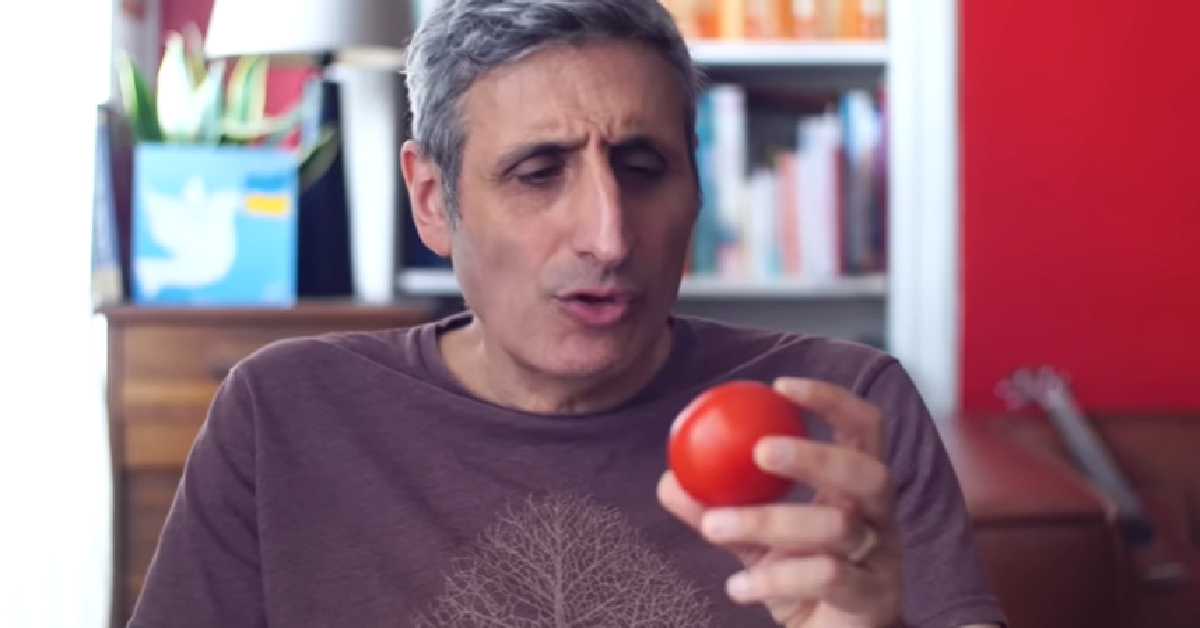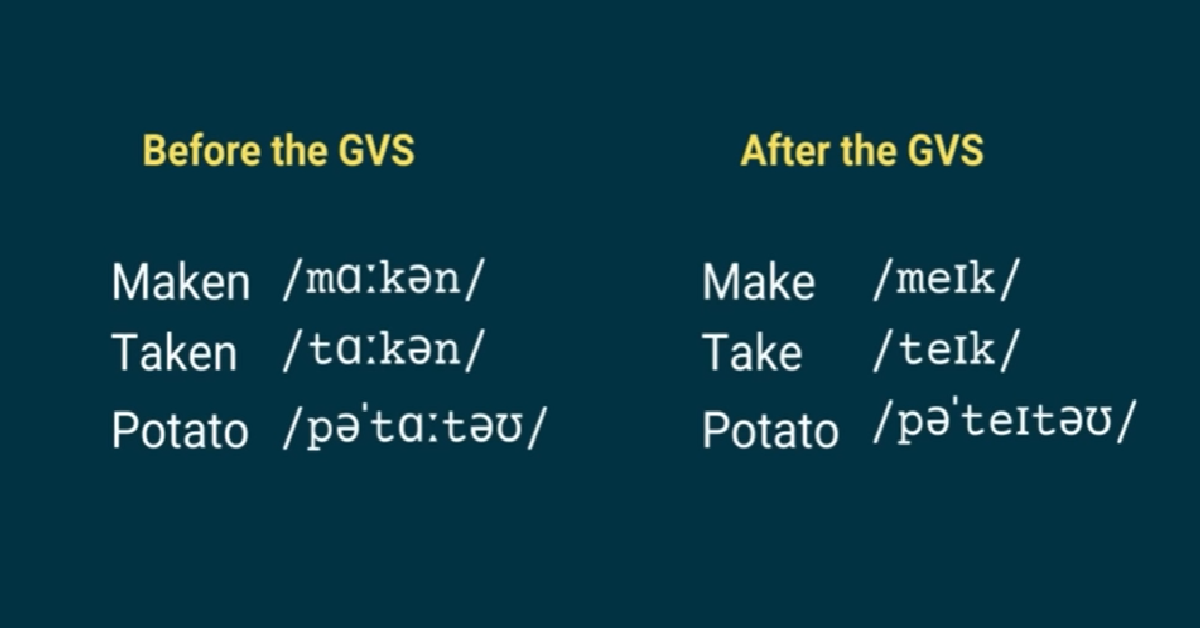Why The Word “Tomato” Is Pronounced Differently Around The World But The Word “Potato” Is Not
Pronunciation is a funny topic to us. The manner in which people say words should not be a topic of discussion but this one is hilarious.
If you have ever wondered why the British will say certain words differently from an American, instructor Gideon of LetThemTalkTV is here to provide us with the lesson that we never knew we needed.

The following examination of a key difference between British English and American English is much needed.
Like many of us, you may have wondered why the British and Americans do not say “tomato” in the same exact way. As it turns out, there is an actual explanation for this. The truly vexing part is that they do not say tomato in the same way but they will say potato in the manner that you would expect. If you’re already humming the famous song, we are right there with you.

This is our first time learning about The Great Vowel Shift. We are so glad to have an instructor who is on hand to break all of this down for us.
“The pronunciation of tomato and potato tells us a lot about the history of English and its irregular spelling. In this video we’ll look at the great vowel shift and other influences on English pronunciation,” he shares.
The shift took place between the years of 1400 and 1700, forever changing the manner in which we speak. Some words existed outside of the shift and no major changes were made. That explains why certain words are said one way, while others are not.

This is something that our instructor is happy to go into greater detail about. “So before the great vowel shift, it would have been pronounced like “potahto” after the Great Vowel Shift. It gets changed to “potayto”. What about tomato? Well, tomato came into English from Spanish in 1753. That’s too late for the Great Vowel Shift. So it was fixed as “tomato”; however, there was a kind of mini vowel shift in the 18th century in and around London.
Remember, the vowels are always changing to a lesser or greater degree. And this changed some vowels and some words and imitated earlier phonetic changes,” he explains.
If you would like to learn more, please be sure to check out this video in full:













